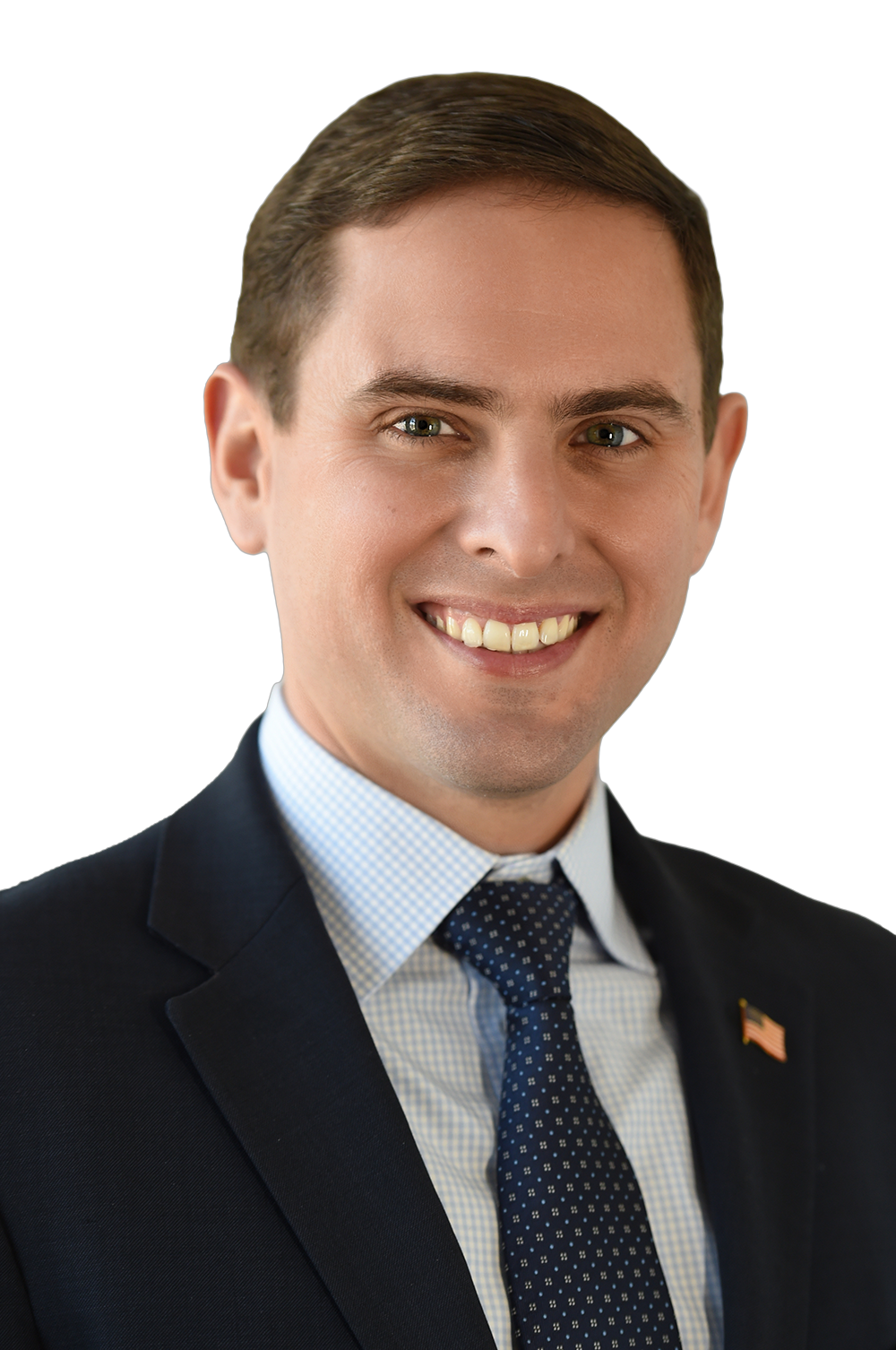Sounding The Alarm on Feds' Latest Unfunded Mandate
By Senator Rob Rolison (39th District) and Assemblyman Matt Slater (94th District)
When New Yorkers have a fire-related emergency, they expect help to arrive, fast. Now imagine that the volunteer or career firefighter in your community is too preoccupied doing paperwork to respond to the blaze. Or worse – that the local firehouse is forced to shut its doors. This is not hyperbole but a three-alarm emergency concerning volunteer, career, and combination fire departments across the Hudson Valley and state.
In February, the federal government's Occupational Safety and Health Administration (OSHA) released its proposed rule called the "Emergency Response Standard" to replace the existing Fire Brigades Standard. Think of it as training and equipment protocols for every department, both volunteer and professional. Among other things, the new standard would double the basic training requirement from 150 to 300 hours for new recruits, require costly equipment purchases, and generate a pile of new paperwork, sapping time and energy away from critical life-saving duties. On top of this, the federal government only allowed 120 days to publicly comment on new requirements affecting approximately 1 million first responders.
No one disagrees with enhancing safety measures for the courageous men and women fighting fires and keeping us safe. However, we oppose Washington's attempt to force through a disruptive new requirement without providing the necessary time for departments to study its consequences nor the resources and funding to effectively implement its intended policies. This is especially true for our volunteer departments providing 70% of the fire-protection services in New York, many of which are already short-staffed and underfunded. The last thing a Putnam County resident needs to hear on the other end of an emergency call is unforgiving silence.
We recently visited with our bravest at the Putnam Valley Fire Department in order to gauge the proposed mandate's impact on their firehouse. The response was unanimous: the federal government's unfunded mandate is an existential threat to emergency services here. These are selfless men and women with families and jobs outside their regular firefighting duties. The federal government's required annual fee of $1,725 just to measure if a department is compliant with its thicket of new regulations is costly and insulting. The local 2% tax cap means that departments will have to slash staff and scale back working hours or risk being out of compliance with Washington's new rules – and therefore pay additional fees in penalties.
What can be done? First, extend the amount of time our fire departments, volunteer and career, can read, debate, and comment on the proposed mandate. This is only fair since plenty of departments and fire services were never given a seat at the table during the first phase of the rulemaking process. Not one departmental head we have spoken with was ever consulted about the feasibility of the proposal. Furthermore, OSHA's own Small Business Advisory Review panel noted the unrealistic nature of the Fire Brigades Standard in fall 2021 when it reported that "concern about the economic feasibility of implementing these requirements in smaller, particularly volunteer, fire departments was common" and "this standard, if promulgated, would force small ESOs [emergency service organizations] to close." That is about as stark a warning as one could imagine, yet OSHA rammed the new mandate through anyway.
Second, the federal government needs to extend a lifeline of funding to each and every department potentially impacted by the new rule. It is simply unrealistic to expect most volunteer departments to self-fundraise their way to compliance and career departments to remain under the 2% tax cap with new training, equipment, and vehicle purchases to manage. For instance, FASNY anticipates a 43% local property tax increase if nothing is done! Congressman Mike Lawler has been an early and effective advocate for our fire departments against the proposed OSHA mandate. Now we need more of his colleagues on Capitol Hill to raise their voices in support. We have already written to OSHA's director, Douglas Parker, about where logistical and financial burdens can be reduced for most departments, but more funding needs to flow to New York's small-budget firehouses in order to keep taxes from rising.
Time is short. We are hopeful that by alerting the public to this unfair federal mandate Washington will listen. Any one-size-fits-all policy, no matter how well-intentioned, will cause harm if not balanced by an accurate picture of the available resources. We believe there is a way to keep our brave firefighters safe and well-trained without putting some local departments out of commission forever. Those who have heeded the call to keep us safe deserve nothing less.
